A library implies an act of faith

A library implies an act of faith
Victor Hugo, the renowned French writer, poet, and playwright, once famously said, "A library implies an act of faith." This profound statement encapsulates the essence of what a library represents - not just a physical space filled with books, but a sanctuary of knowledge, wisdom, and imagination. For Hugo, a library was not just a collection of books, but a testament to the power of belief in the transformative nature of literature.In Hugo's time, libraries were not just repositories of books, but also symbols of enlightenment and progress. They were places where individuals could access a wealth of knowledge and ideas, expanding their horizons and challenging their perspectives. For Hugo, the act of entering a library was an act of faith in the power of literature to inspire, educate, and uplift the human spirit.
Hugo himself was a prolific writer whose works spanned a wide range of genres, from poetry to novels to plays. His most famous novel, "Les Misérables," is a testament to his belief in the power of literature to effect social change and promote justice. Through his writing, Hugo sought to shine a light on the injustices and inequalities of his time, and to inspire his readers to take action to create a better world.
For Hugo, a library was not just a place to read books, but a place to engage with ideas, to challenge one's assumptions, and to grow as a person. It was a space where individuals could connect with the wisdom of the past and the possibilities of the future. In this sense, a library was not just a physical space, but a metaphor for the human capacity for growth, learning, and transformation.

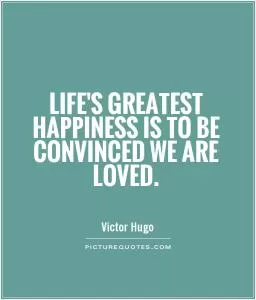
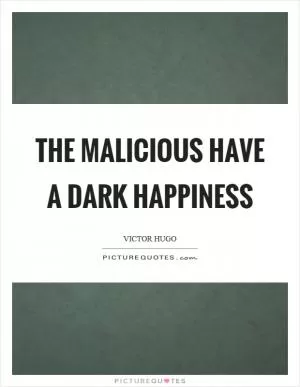

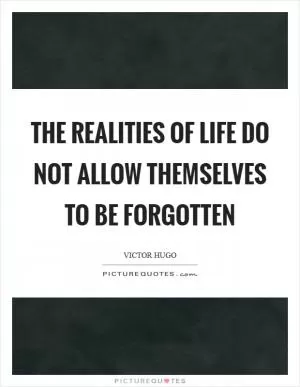


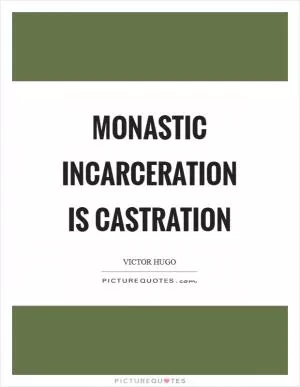



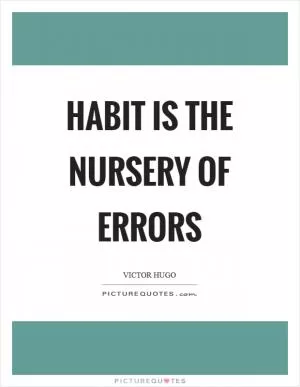
 Friendship Quotes
Friendship Quotes Love Quotes
Love Quotes Life Quotes
Life Quotes Funny Quotes
Funny Quotes Motivational Quotes
Motivational Quotes Inspirational Quotes
Inspirational Quotes